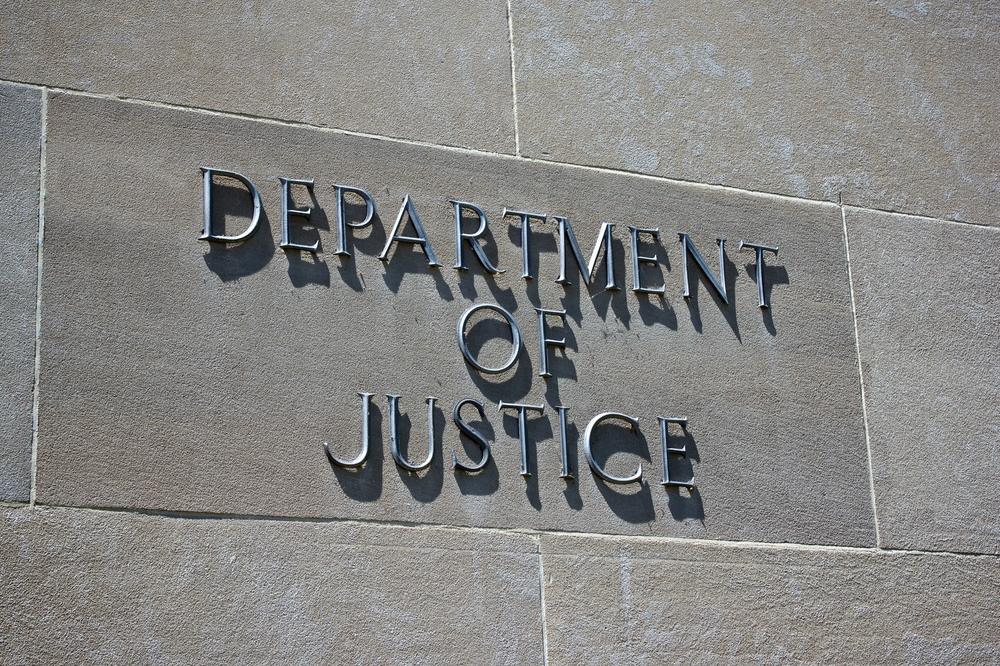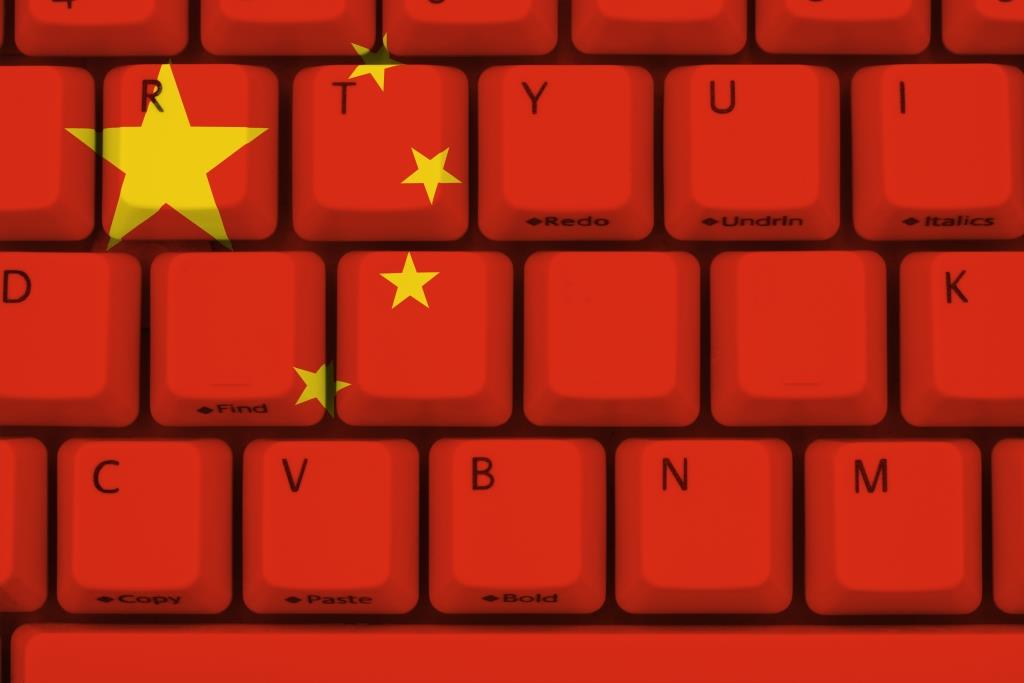Declaring cybercrime a “national emergency,” President Obama today empowered Treasury to freeze assets that are the fruits of cybercrime, according to an Executive Order issued this afternoon. The agency can block money or property in the United States or in the control of any United States person determined to have engaged in “cyber-enabled activities” originating or directed from outside the United States. Targeted activities include harming computer networks in critical infrastructure sectors; significantly disrupting a computer network; or causing significant misappropriation of trade secrets and other protected information. The EO also enables seizure of money or property of any persons involved in misappropriating trade secrets by “cyber-enabled means” that impact the national security, foreign policy, or economic health or financial stability of the United States.
TSW is tracking the EO and will report further developments.











